Results
-
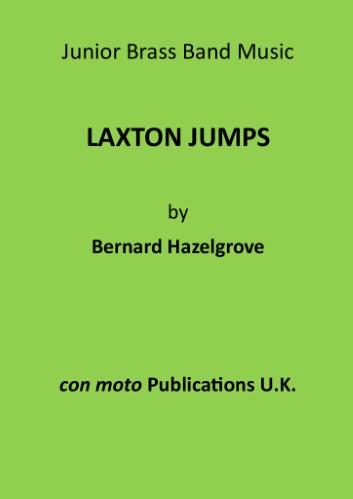 £27.50
£27.50LAXTON JUMPS (score & parts) - Hazelgrove, Bernard (1945-2004)
score shows Bb, Bb, Eb, bass clef, bass clef and percussion, but set contains transcribed parts for brass band brass and orchestral brass.
In Stock: Estimated dispatch 1-3 working days
-
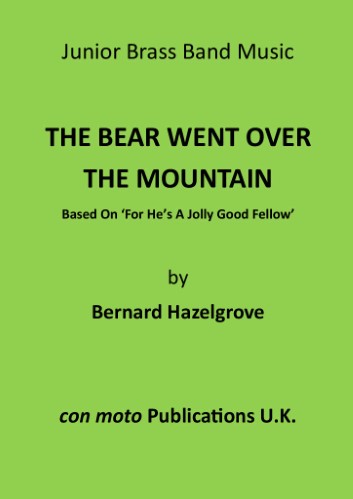 £27.50
£27.50THE BEAR WENT OVER THE MOUNTAIN (score & parts) - Traditional
score shows Bb, Bb, Eb, bass clef, bass clef and percussion, but set contains transcribed parts for brass band brass and orchestral brass.
In Stock: Estimated dispatch 1-3 working days
-
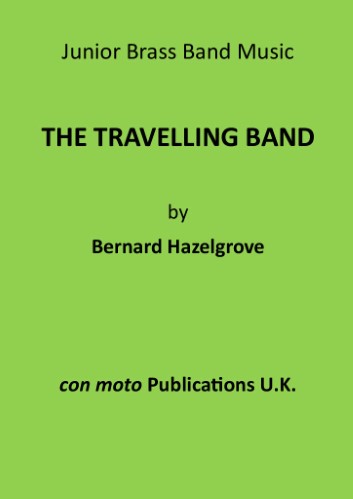 £11.50
£11.50THE TRAVELLING BAND (score) - Hazelgrove, Bernard (1945-2004)
score shows Bb, Bb, Eb, bass clef, bass clef and percussion, but set contains transcribed parts for brass band brass and orchestral brass.
In Stock: Estimated dispatch 1-3 working days
-
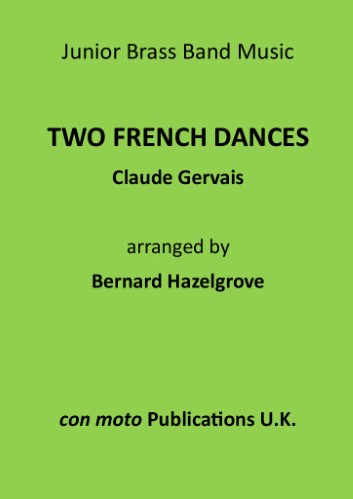 £37.50
£37.50TWO FRENCH DANCES (score & parts) - Gervaise, Claude (1525-1583)
score shows Bb, Bb, Eb, bass clef, bass clef and percussion, but set contains transcribed parts for brass band brass and orchestral brass.
In Stock: Estimated dispatch 1-3 working days
-
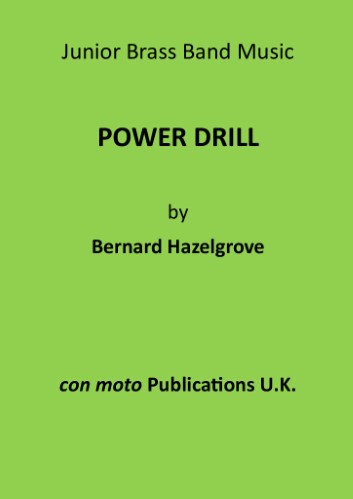 £27.50
£27.50POWER DRILL (score & parts) - Hazelgrove, Bernard (1945-2004)
score shows Bb, Bb, Eb, Eb, bass clef, bass clef and percussion, but set contains transcribed parts for brass band brass and orchestral brass.
In Stock: Estimated dispatch 1-3 working days
-
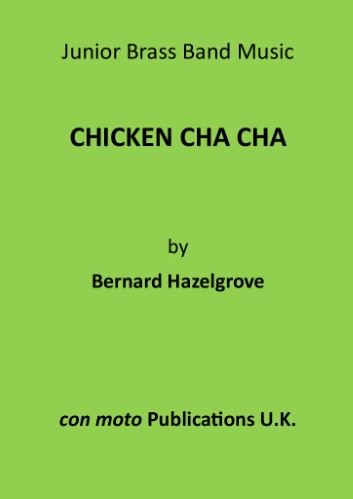 £37.50
£37.50CHICKEN CHA CHA (score & parts) - Hazelgrove, Bernard (1945-2004)
score shows Bb, Bb, Eb, bass clef, bass clef and percussion, but set contains transcribed parts for brass band brass and orchestral brass.
In Stock: Estimated dispatch 1-3 working days
-
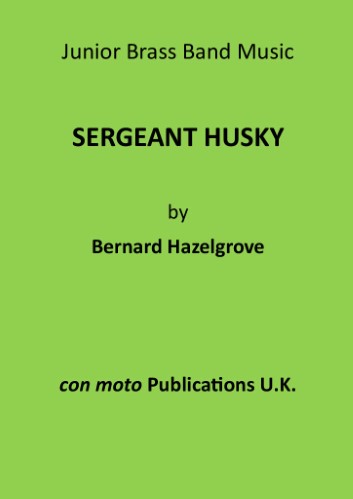 £37.50
£37.50SERGEANT HUSKY (score & parts) - Hazelgrove, Bernard (1945-2004)
score shows Bb, Bb, Eb, bass clef, bass clef and percussion, but set contains transcribed parts for brass band brass and orchestral brass.
In Stock: Estimated dispatch 1-3 working days
-
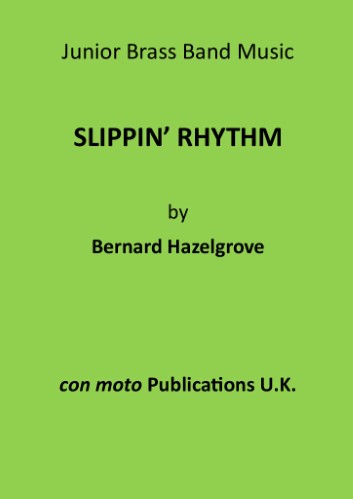 £37.50
£37.50SLIPPIN' RHYTHM (score & parts) - Hazelgrove, Bernard (1945-2004)
score shows Bb, Bb, Eb, bass clef, bass clef and percussion, but set contains transcribed parts for brass band brass and orchestral brass.
In Stock: Estimated dispatch 1-3 working days
-
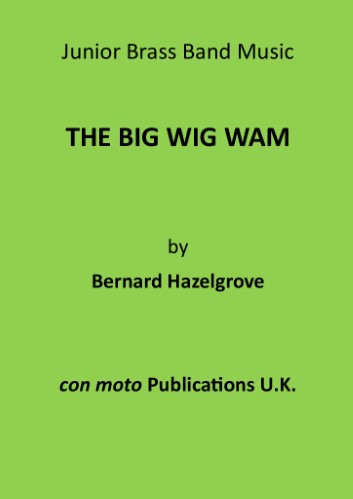 £11.50
£11.50THE BIG WIG WAM (score) - Hazelgrove, Bernard (1945-2004)
score shows Bb, Bb, Eb, bass clef, bass clef, bass clef and percussion, but set contains transcribed parts for brass band brass and orchestral brass.
In Stock: Estimated dispatch 1-3 working days
-
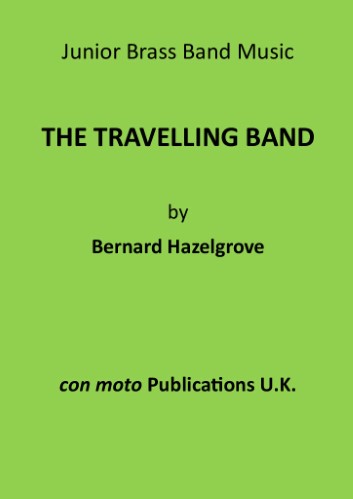 £37.50
£37.50THE TRAVELLING BAND (score & parts) - Hazelgrove, Bernard (1945-2004)
score shows Bb, Bb, Eb, bass clef, bass clef and percussion, but set contains transcribed parts for brass band brass and orchestral brass.
In Stock: Estimated dispatch 1-3 working days
